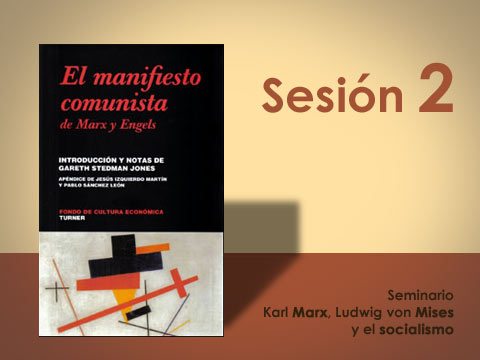About this videoEduardo Velásquez compares The Theory of Moral Sentiments, written by Adam Smith in 1759 and currently celebrating its 250th anniversary, with his magnum opus entitled An Inquiry into the Nature and Causes of the Wealth of Nations. He explains why the latter has gained the most recognition even though Smith himself considered the first one to be his most important book. Velásquez also explains the psychological component in Adam Smith's work and why moral principles should not be separated from the ideas of property and other economic concepts. Finally, he discusses the importance of the invisible hand in The Wealth of Nations and encourages students to read the work of this renowned author. |
|
CreditsInterview with Eduardo Velásquez by Luis Figueroa | |










